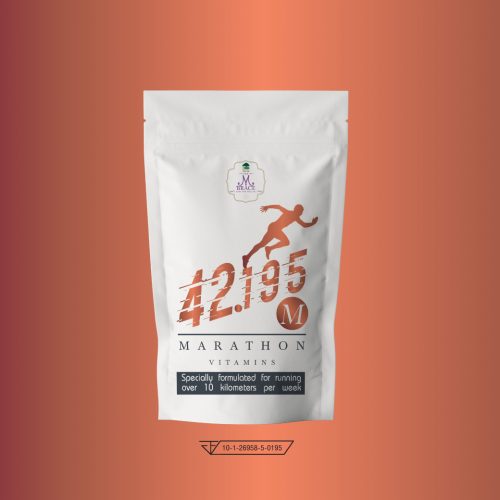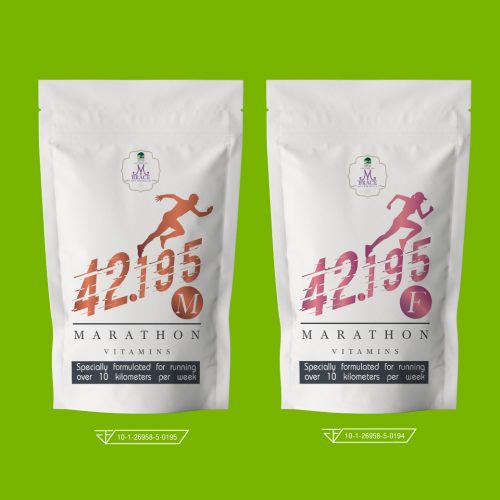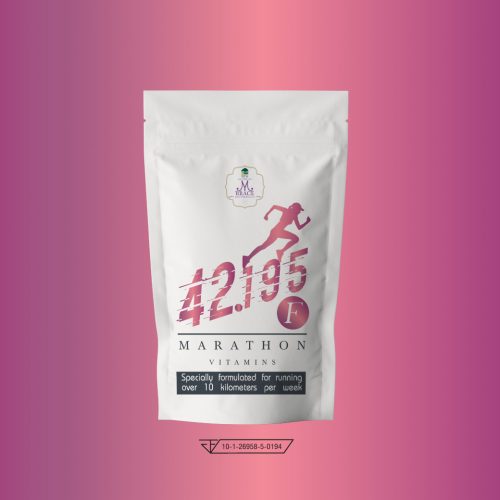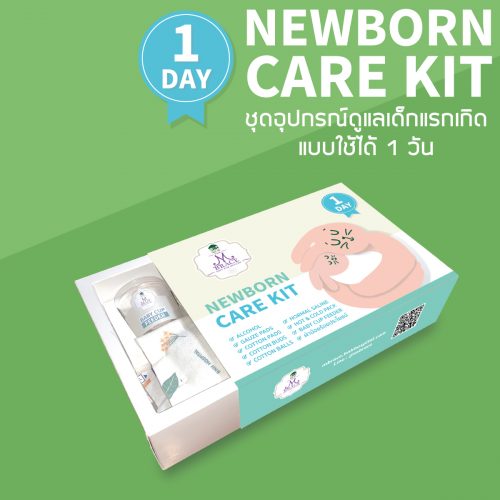- ×
 High Blood Sugar Package 2 × ฿2,790
High Blood Sugar Package 2 × ฿2,790 - ×
 BNH Luxury Postnatal Package Deposit 1 × ฿10,000
BNH Luxury Postnatal Package Deposit 1 × ฿10,000 - ×
 Brain, Lung Examination Package 2 × ฿13,500
Brain, Lung Examination Package 2 × ฿13,500 - ×
 Carotid Doppler Ultrasound Package 2 × ฿7,000
Carotid Doppler Ultrasound Package 2 × ฿7,000 - ×
 Pregnable Multi-Nutrition Supplement 2 × ฿12,000
Pregnable Multi-Nutrition Supplement 2 × ฿12,000 - ×
 Osteoporosis and Osteoarthritis Screening by BNH Hospital 1 × ฿3,090
Osteoporosis and Osteoarthritis Screening by BNH Hospital 1 × ฿3,090 - ×
 2 body check packages: deterioration and vitamin D level check. 1 × ฿2,100
2 body check packages: deterioration and vitamin D level check. 1 × ฿2,100
Usual Dosage: 1 Capsule Daily
Cystitis, a Lower Urinary tract infection
is a common disease more often found in women than men. This disease can easily be prevented and treated, but if left untreated, the pathogens may spread to the kidneys, which can lead to Pyelonephritis. It is mainly caused by infection with gram-negative bacteria, such as E.coli., present in the human stool.
Advantages of cranberries and rosemary
Several studies show that cranberries and rosemary help treat cystitis, urinary tract diseases, urinary tract infections, eliminate the foul smell of urine, and relieve pain from urinary bladder compression. Some say it can also be used to relieve dysuria pain.* They also help to reduce recurrence because cranberries are rich in antioxidants and high in vitamin C. The phytochemicals that inhibit E.coli bacteria are Proanthocyanidins (PACs).* It has been reported that women who received continuous cranberry extract significantly inhibited E. coli adhesion (p<0.0001) compared to women who did not take cranberry extract.*
Research also shows that when eating cranberries for effective prevention and treatment of cystitis, the Proanthocyanidins (PACs) consumed must be greater than 36 mg per day,** while several other studies have shown that rosemary has a number of effects, including reducing stomach pain, inhibiting infection, and reducing inflammation.**
References
* https://medthai.com
** https://www.organicfacts.net/health-benefits/herbs-and-spices/rosemary.html
First steps to self-care for cystitis:
- Drink plenty of clean water.
- Urinate when you feel the need to, do not hold it in.
- Avoid foods that irritate your urinary bladder, such as coffee, alcohol, soft drinks, and fruit juices, as they contain too much sugar.
- Always try to move your body, do not sit for long periods of time.
- Clean the genital area, especially after excretion (in women), from front to back, to prevent the spread of pathogens from passing through the urethra to the urinary bladder.
- Avoid soaking in a bathtub, as this can increase your chances of getting an infection.
Who should be careful about eating cranberries?
- Pregnant or breastfeeding women, as there is not enough data on safety.
- People allergic to aspirin should not consume large amounts of cranberries due to the fact that cranberries contain salicylic acid.
- People taking Warfarin and Nifedipine, who may need to adjust their current medication dosage. This is because cranberries may result in the medications remaining in your body longer.
Side effects of cranberry include
nausea, vomiting, stomach ache, diarrhea.
Urinary tract infections in the elderly
The elderly are highly prone to urinary tract infections. It is the most common infectious disease and the major cause of Septicemia in the elderly. Older males are more likely to develop urinary tract infections, compared to younger men. In addition, there is a wider variety of pathogens that can cause infection.
The reasons why the elderly are more likely to contract urinary tract infections are as follows:
- Women who have gone through menopause are deficient in estrogen, which leads to less of lactobacillus and a higher pH level in the vagina. This results in the right conditions that promote growth of certain pathogens, while in older men, prostate secretions have less bactericidal properties.
- As you get older, your kidney function decreases. The ability to make urine acidic. to concentrate urine, and decrease urea make it easier to get infected. In addition, the presence of sugar in the urine, which is more common in the elderly due to the greater incidence of diabetes, creates a good culture medium that supports he growth of infectious agents.
- The elderly also need to use urinary catheters more frequently due to the inability to urinate, inability to hold urine, or worn during surgery, causing pathogens to penetrate the urinary tract.
- Elderly people may suffer from many diseases, such as Alzheimer’s, dementia, and Parkinson’s disease, which make it difficult to walk, difficult to urinate, cause urinary retention, easily infected, as well as diabetes, malnutrition, enlarged prostate, etc., all of which are risk factors for urinary tract infections.
Symptoms of urinary tract infection
Symptoms depend on the degree of infection. If the infection is only in the urinary bladder, there may be a burning sensation, cloudy urine, or frequent urination, but if it is an infection of the renal pelvis, there will be fever and back pain, which must be treated with antibiotics in a hospital. However, many elderly patients may have symptoms that are not specific to urinary tract infections, such as lethargy, confusion, loss of appetite, urinary incontinence, falls, etc.
References
https://www.si.mahidol.ac.th/project/geriatrics/knowledge_article/knowledge_healthy_10_006.html
You may also like…
Related products
฿250
This product has multiple variants. The options may be chosen on the product page 
 ไทย
ไทย
 High Blood Sugar Package
High Blood Sugar Package  BNH Luxury Postnatal Package Deposit
BNH Luxury Postnatal Package Deposit  Brain, Lung Examination Package
Brain, Lung Examination Package  Pregnable Multi-Nutrition Supplement
Pregnable Multi-Nutrition Supplement  Osteoporosis and Osteoarthritis Screening by BNH Hospital
Osteoporosis and Osteoarthritis Screening by BNH Hospital  2 body check packages: deterioration and vitamin D level check.
2 body check packages: deterioration and vitamin D level check. 

















